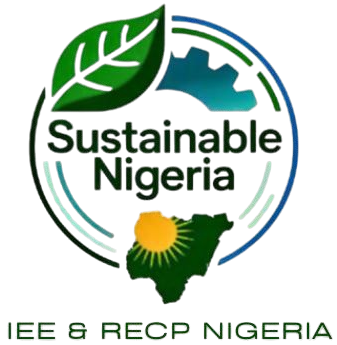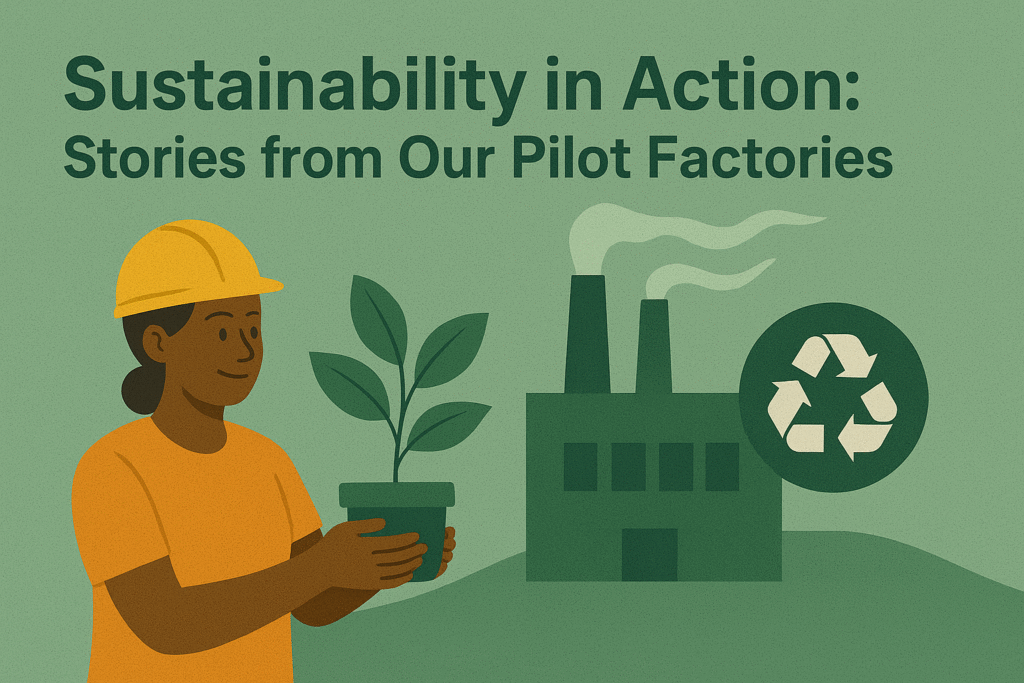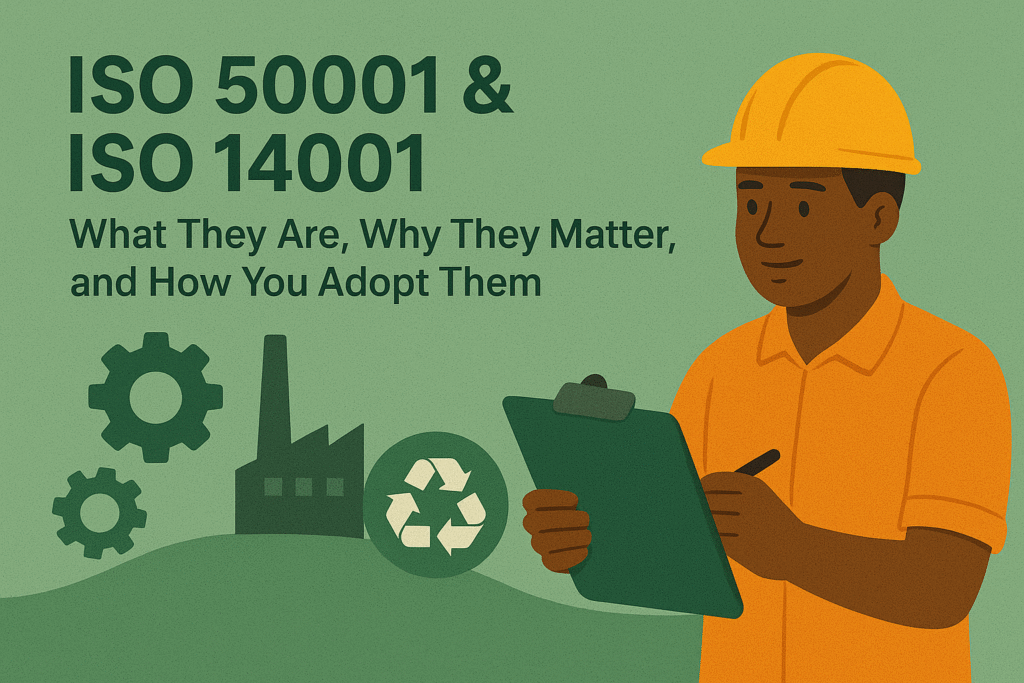Industrial Energy Efficiency (IEE) refers to the process of using less energy to produce the same amount of goods or services in industrial operations. By optimizing energy use, industries can reduce their operational costs, improve productivity, and minimize their environmental footprint.
Why Does It Matter?
Industrial Energy Efficiency (IEE) is essential because it addresses critical challenges faced by industries today, including rising energy costs, environmental degradation, and resource scarcity.
Key Technologies in IEE
To achieve industrial Energy Efficiency, several advanced technologies and practices are utilized, including:
- Energy Management Systems (EnMS): Tools like ISO 50001 help industries track and optimize energy consumption.
- Energy-Efficient Equipment: Replacing outdated machinery with energy-efficient alternatives reduces energy waste.
- Monitoring and Control Systems: Real-time monitoring tools identify inefficiencies and help maintain optimal energy use.
In Nigeria, where industries contribute significantly to energy consumption, adopting IEE is not just an option—it is critical for sustainable development. Through initiatives like the GEF-UNIDO project, industries are being empowered with the knowledge and tools needed to implement IEE practices effectively.



